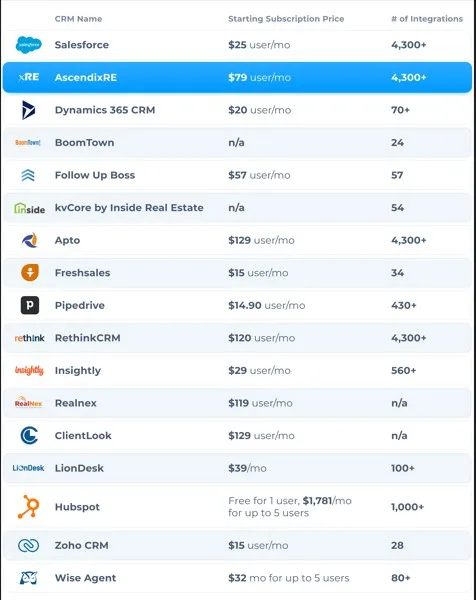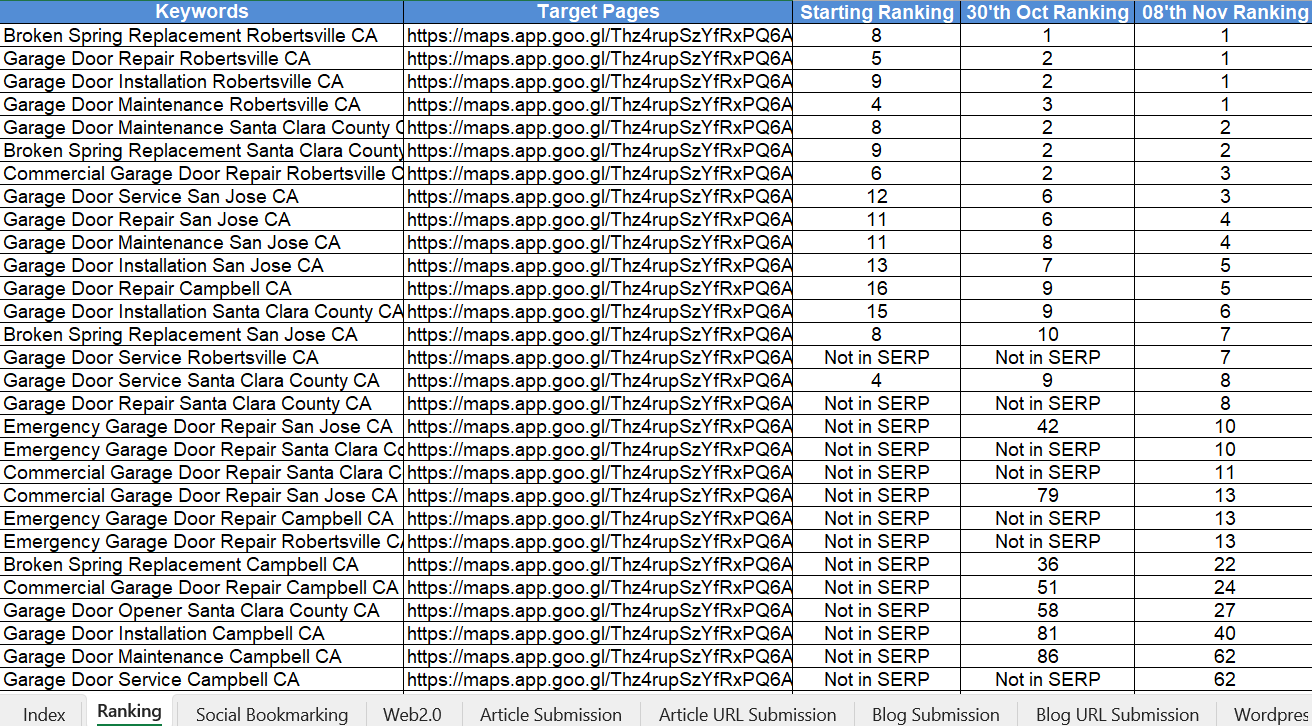CRM for Real Estate Investors: A Comprehensive Guide
In today’s competitive real estate market, having an effective CRM for real estate investors is not just an advantage; it’s essential. Whether you’re a seasoned investor or just starting, the right real estate investing CRM can streamline your processes, enhance communication, and ultimately lead to better investment outcomes. In this guide, we’ll explore the best CRM options available, key features to consider, and tips for maximizing their potential.
What is a CRM for Real Estate Investors?
A Customer Relationship Management (CRM) system helps real estate investors manage interactions with potential buyers, sellers, and partners. It centralizes information, making it easier to track leads, manage properties, and maintain relationships. Furthermore, it provides analytics and insights that can guide investment strategies and improve decision-making.
Why Do You Need a Real Estate Investing CRM?
Here are some compelling reasons to consider implementing a CRM for real estate investors:
- Streamlined Processes: Automate tasks like follow-ups and reminders, saving time and reducing the risk of human error.
- Centralized Data: Access all your property and client information in one place, eliminating the chaos of spreadsheets and paper files.
- Improved Communication: Facilitate better interactions with clients and stakeholders through organized contact histories and automated messaging.
- Enhanced Tracking: Monitor your leads and investments with ease, ensuring you never miss an opportunity.
- Data-Driven Insights: Analyze performance metrics to understand market trends and make informed investment decisions.
Best CRM for Real Estate Investors
Choosing the right CRM can be daunting. Here are some of the best CRM for investors available today:
1. HubSpot CRM
HubSpot offers a free version of its CRM, making it an attractive choice for real estate investors. With tools for tracking interactions, managing leads, and analyzing data, it’s perfect for investors looking to start without a significant upfront investment. You can explore more on HubSpot’s official site.
.png?width=1545&name=CRM_CRM-overview_with%20frame%20(1).png)
2. Real Geeks
Real Geeks specializes in real estate and provides comprehensive tools for lead generation and nurturing. Its user-friendly interface and integration with various platforms make it an excellent option for investors. Find out more at Real Geeks.
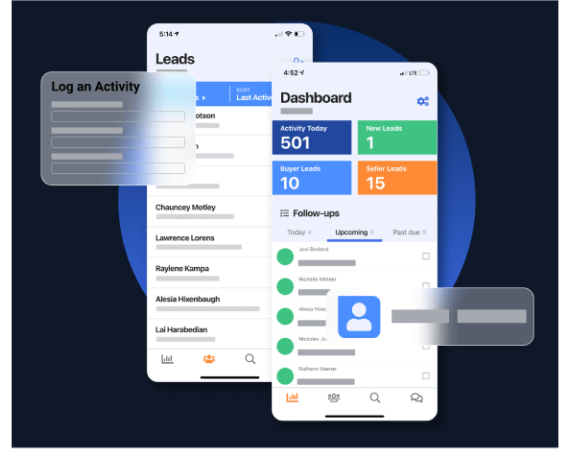
3. Follow Up Boss
This CRM is designed for real estate professionals and focuses on lead management and follow-ups. It’s particularly useful for those with large portfolios, allowing for efficient tracking of interactions. Learn more about it at Follow Up Boss.
![]()
4. Zoho CRM
Zoho CRM is highly customizable and offers a range of features specifically designed for real estate professionals. With lead management, reporting, and integration capabilities, it’s suitable for investors of all sizes. Check out Zoho CRM’s official site for more information.
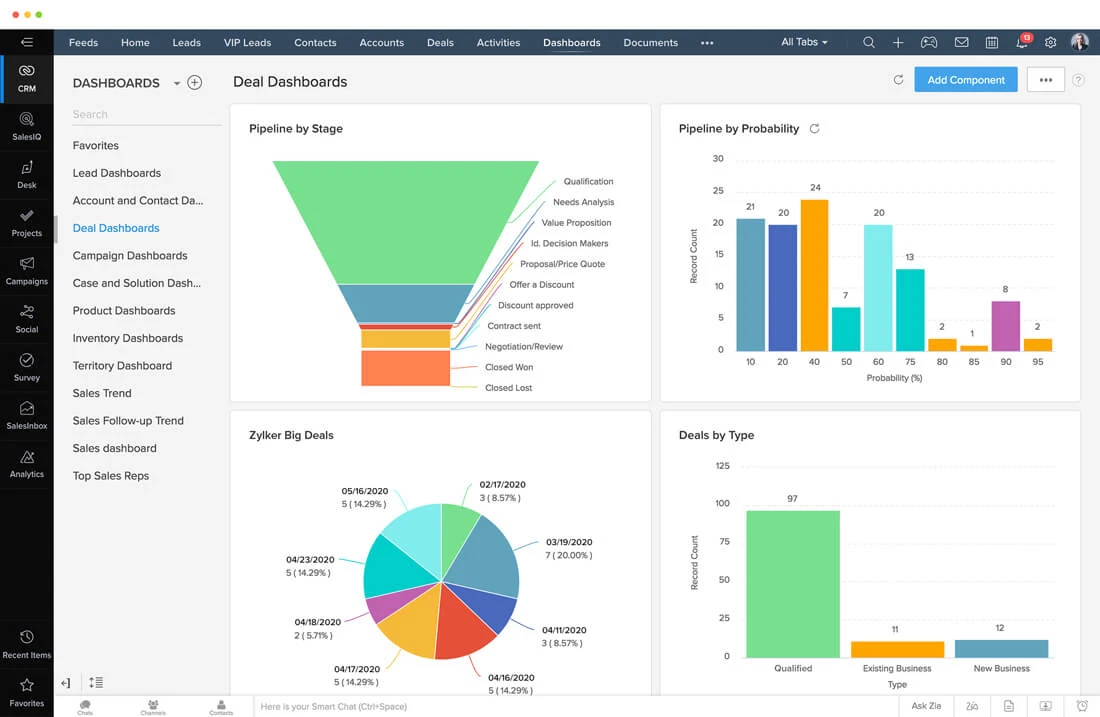
5. RealtyJuggler
RealtyJuggler is an affordable option that includes various features for managing contacts, properties, and transactions. It’s particularly beneficial for new investors looking to get started without breaking the bank. More details can be found at RealtyJuggler’s official site.
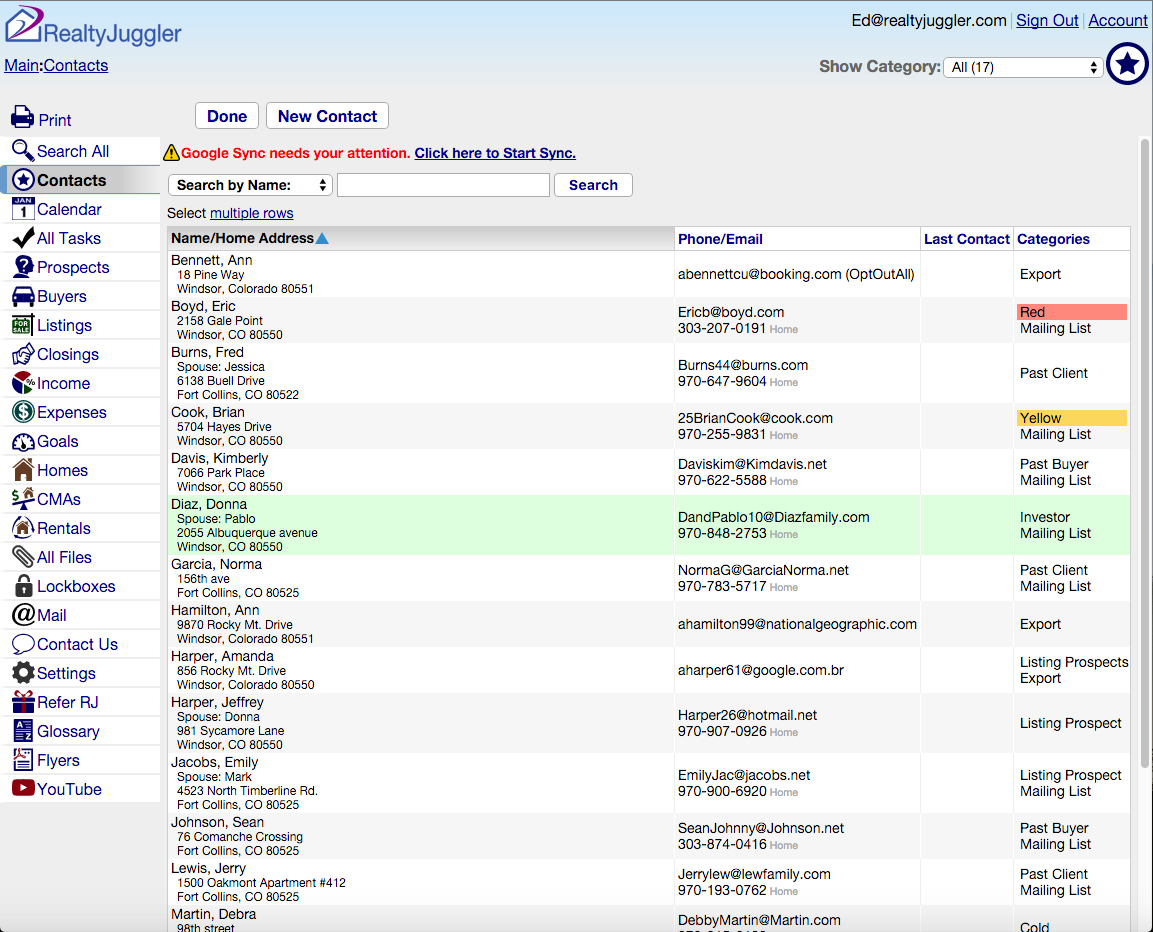
Key Features to Look for in Real Estate Investor CRM Software
When evaluating real estate investor CRM software, consider the following features:
- Lead Management: Ability to track and nurture leads through the sales funnel, with tools for segmentation and targeting.
- Task Automation: Automate repetitive tasks like email follow-ups and appointment scheduling to improve efficiency.
- Reporting and Analytics: Insights into your investments and sales performance, allowing you to adjust strategies as needed.
- Integration Capabilities: Compatibility with other tools you use, such as email marketing software and property management systems, to create a cohesive workflow.
- Mobile Access: The ability to manage your CRM on-the-go with mobile-friendly applications.
- Customization Options: Ability to tailor the CRM to your specific needs and workflows.
- Support and Training: Access to customer support and training resources to help you maximize the use of the software.
How to Get Started with a Real Estate CRM
Getting started with a CRM can feel overwhelming, but following these steps can help:
- Define Your Goals: What do you want to achieve with the CRM? Better lead management? Improved communication?
- Choose the Right CRM: Research and select a CRM that meets your needs.
- Import Existing Data: If you have existing contacts or leads, import them into your new CRM to maintain continuity.
- Train Your Team: Ensure everyone understands how to use the system effectively. Consider workshops or online training sessions.
- Monitor and Adjust: Regularly review your use of the CRM and make adjustments as necessary. Use feedback from your team to improve processes.
- Utilize Resources: Take advantage of tutorials, forums, and customer support offered by the CRM provider to enhance your understanding.
Benefits of Using a CRM for Real Estate Investors
Implementing a CRM system offers numerous benefits:
- Time Savings: Automating tasks allows you to focus on more critical aspects of your business, such as closing deals and networking.
- Increased Productivity: Better organization leads to improved productivity, allowing you to manage more properties effectively.
- Enhanced Customer Relationships: Keeping track of interactions fosters better relationships with clients, leading to higher satisfaction and retention rates.
- Scalability: As your business grows, a CRM can adapt to your changing needs, ensuring you remain organized and efficient.
- Better Insights: With comprehensive data analytics, you can identify trends and make data-driven decisions that enhance your investment strategy.
- Lead Conversion: Effective lead management can result in higher conversion rates, meaning more successful transactions.
Challenges When Implementing a Real Estate CRM
While CRMs offer many benefits, challenges may arise:
- Learning Curve: It can take time for your team to become proficient with the new system. Providing adequate training is crucial.
- Data Migration: Transferring existing data into the new CRM can be complex, especially if the data is unorganized.
- Cost: Some CRMs can be expensive, particularly for small investors. Budgeting appropriately is essential.
- Overwhelm: The sheer number of features can be overwhelming. Focus on core functionalities that align with your immediate needs.
- Resistance to Change: Employees may be resistant to adopting a new system. Clear communication about the benefits is essential.
FAQs About CRM for Real Estate Investors
1. What is the best CRM for real estate investors?
The best CRM often depends on your specific needs. HubSpot, Real Geeks, and Follow Up Boss are highly regarded options. Assess your requirements and budget to make an informed decision.
2. Can I use a general CRM for real estate investing?
While general CRMs can be adapted, real estate-specific CRMs offer features tailored to the industry’s needs, such as property management tools and integration with MLS systems.
3. How much does real estate investor CRM software cost?
Prices vary widely. Some offer free tiers, while others can range from $20 to several hundred dollars per month depending on the features offered.
4. Is CRM software worth it for small investors?
Yes! Even small investors can benefit from organized data, improved efficiency, and better customer relationships. The investment can lead to greater returns in the long run.
Real-Life Success Stories
Many real estate investors have transformed their businesses through effective CRM systems. For instance, John, a small investor, found that using a CRM allowed him to track leads efficiently. Before implementing a CRM, he struggled with disorganized notes and missed follow-ups, which often led to lost deals. Now, with automated reminders and organized data, he reports a 30% increase in his lead conversion rates.
Similarly, Sarah, a real estate agent managing a large portfolio, uses Follow Up Boss to maintain contact with her clients. The system’s tagging and segmentation features have helped her personalize her outreach, resulting in higher client satisfaction and repeat business. Stories like these showcase the potential of the right CRM system to drive success.
Future Trends in CRM for Real Estate Investing
As technology evolves, so too will the capabilities of CRMs tailored for real estate investors. Here are some future trends to watch:
- Artificial Intelligence: AI integration can enhance lead scoring, predict market trends, and automate responses, making CRMs even more powerful.
- Mobile Functionality: Increasingly, CRMs will focus on mobile capabilities, allowing investors to manage their business on-the-go. Mobile apps will provide access to real-time data and notifications, making it easier to stay connected.
- Data Analytics: More advanced analytics features will help investors understand market dynamics and client behavior better. Predictive analytics can aid in decision-making by forecasting trends.
- Social Media Integration: As social media continues to play a crucial role in real estate marketing, future CRMs may offer improved integration with platforms like Facebook and Instagram for lead generation.
- Enhanced Security Features: With the increasing concern over data privacy, CRMs will likely incorporate more robust security measures to protect sensitive information.
- Collaboration Tools: Features that enhance team collaboration, such as shared calendars and task management, will become more prevalent as remote work becomes standard.
Conclusion
Choosing the right CRM for real estate investors can significantly enhance your investment strategy. From lead management to automated follow-ups, the right tools can streamline your processes and drive success. Explore your options today and see how a tailored real estate investing CRM can transform your business!
For more insights into optimizing your real estate investing strategies, check out our services at MarketWiz.
CRM for Real Estate Investors: A Comprehensive Guide Read More »


